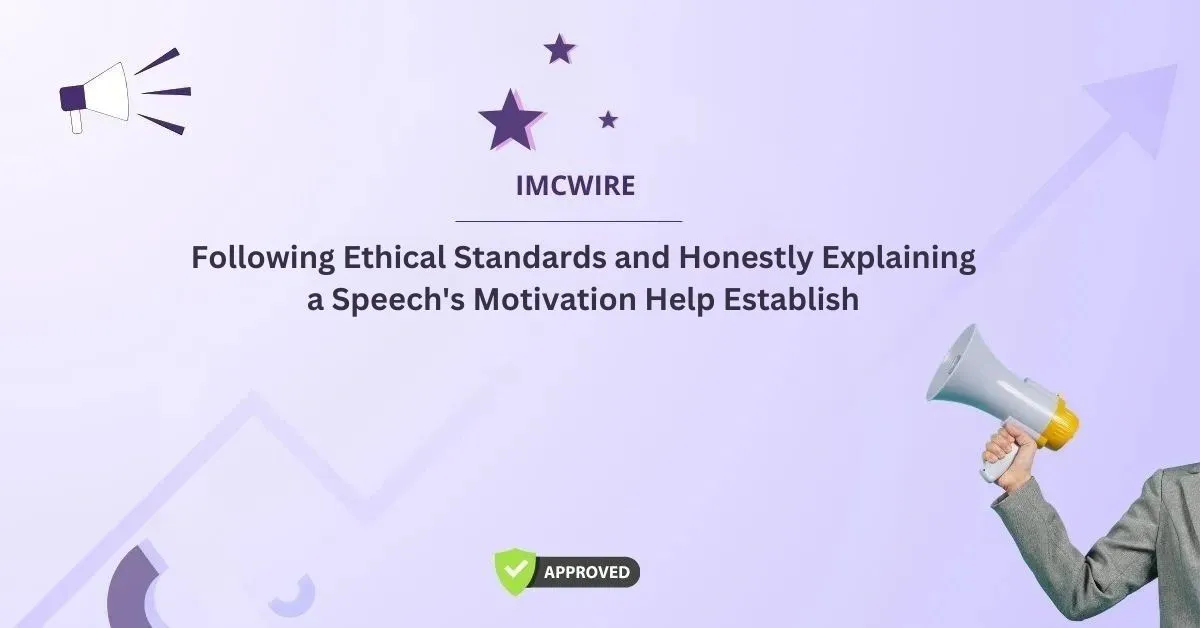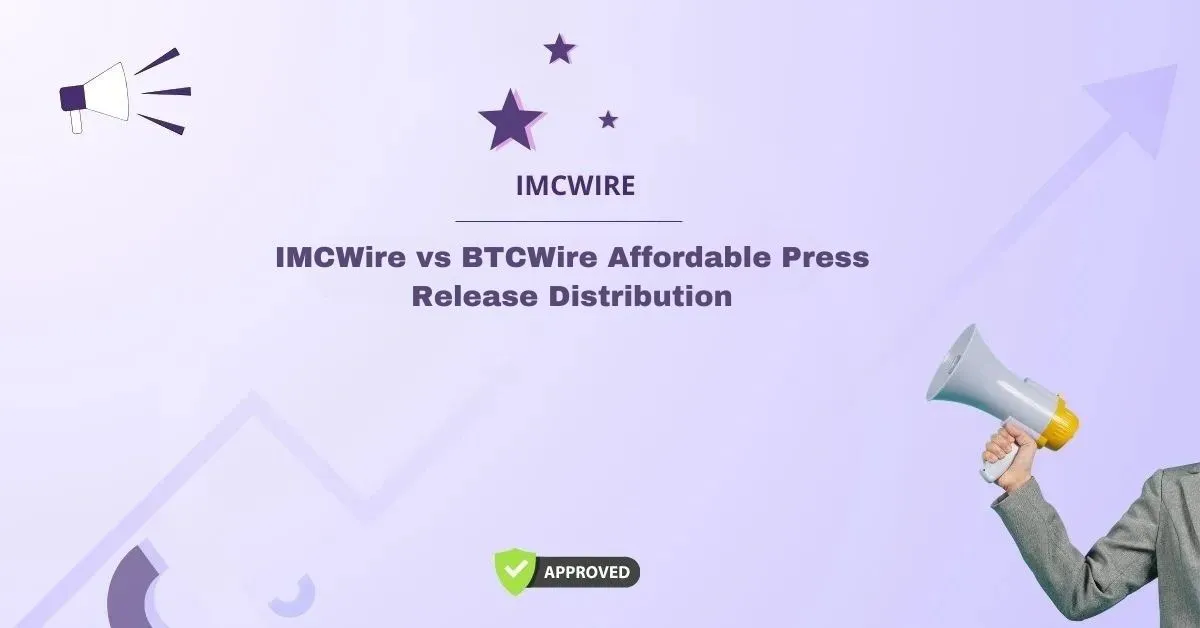In today’s fast-paced, information-driven world, delivering a speech that resonates with the audience is an art. A well-crafted speech can inspire, inform, or persuade. However, the power of a speech lies not just in its content but in the trust and credibility it builds with the audience. One of the most important factors in establishing that trust and credibility is following ethical standards and honestly explaining the speech’s motivation. This practice is essential in creating a meaningful connection between the speaker and the audience, ensuring that the message is not only heard but believed.
Table of Contents
Understanding Ethical Standards in Public Speaking
Public speaking is not just about delivering words; it’s about conveying a message with integrity. Ethical standards in public speaking revolve around honesty, transparency, and respect for the audience’s time, attention, and trust. When a speaker adheres to these standards, it fosters a sense of respect and fairness, which is vital in establishing long-term relationships with the audience. Ethical standards also promote truthfulness, fairness, and responsibility, which ultimately strengthen the connection between the speaker and the audience.
Honesty, in particular, is a cornerstone of ethical speaking. Misleading or deceptive speech can damage the speaker’s credibility and lead to a loss of trust. On the other hand, a speech that aligns with ethical standards and is rooted in honesty has a better chance of being impactful and well-received. When an audience feels that a speaker is being truthful and transparent, they are more likely to trust the message being presented.
Moreover, ethical speaking also involves giving credit where it is due. Acknowledging sources, providing clear citations, and refraining from plagiarism not only reflect respect for others’ ideas but also reinforce the speaker’s credibility. By upholding these ethical practices, a speaker shows that they are committed to transparency and honesty, which plays a crucial role in establishing a genuine connection with the audience.
The Role of Honesty in Explaining a Speech’s Motivation
Every speech has a purpose, a reason behind it. Whether the goal is to inform, persuade, or entertain, the motivation behind a speech significantly shapes its message. When a speaker openly and honestly explains their motivation, it helps establish trust by showing the audience that they are not trying to manipulate or deceive them.
Explaining the motivation behind a speech is particularly important in persuasive speaking. A persuasive speaker seeks to influence the audience’s beliefs, attitudes, or behaviors. However, for persuasion to be effective, the speaker must be clear about why they are trying to persuade. If the speaker’s motivation is rooted in honesty, the audience is more likely to respect their intentions and be open to the message.
For instance, if a speaker is addressing a sensitive issue or advocating for a cause, explaining their motivation helps to humanize them and make their arguments more relatable. When the audience understands that the speaker’s intentions are genuine, they are more likely to be moved by the message. Conversely, if the speaker hides their true motivation or is vague about their purpose, the audience may become skeptical, questioning the authenticity of the message.
Building Trust Through Transparency
Transparency is another critical component in establishing trust with an audience. When a speaker is open about their goals, values, and motivations, it reduces ambiguity and fosters a sense of fairness. Transparency also ensures that the audience feels informed and empowered to make their own decisions based on the speaker’s message.
In addition to transparency about the speech’s motivation, transparency also involves being clear about the speaker’s qualifications, expertise, and experiences. When speakers openly share their background and credentials, they provide context for their opinions and recommendations. This not only enhances the speaker’s credibility but also helps the audience feel confident that they are receiving accurate and reliable information.
However, transparency should not be confused with oversharing. While it’s important to be open about motivations, a speaker should avoid unnecessary details that might distract from the main message. Striking the right balance between openness and focus is essential for maintaining audience engagement and trust.
The Importance of Ethical Standards and Honesty in Persuasion
Ethical speaking is particularly important when the speaker is trying to persuade the audience. Persuasion requires the audience to trust the speaker and the message they are delivering. Without this trust, persuasive efforts will likely fail. Ethical standards and honesty are what make persuasive speeches successful. When a speaker follows these principles, they foster a relationship with the audience based on mutual respect.
In a persuasive speech, the speaker is often asking the audience to adopt a new perspective, change their behavior, or take action. For this to happen, the audience needs to feel that the speaker has their best interests at heart and is not simply trying to manipulate them for personal gain. By explaining the motivation behind the speech, the speaker can assure the audience that their message is driven by a genuine desire to inform or inspire, not by self-serving motives.
Furthermore, adhering to ethical standards in persuasion ensures that the speaker is not using fallacies, misrepresentations, or manipulation tactics to sway the audience. Instead, they rely on logic, evidence, and compelling arguments. This approach not only helps the speaker maintain their integrity but also contributes to a healthier and more respectful public discourse.
The Impact of Following Ethical Standards on Long-Term Relationships
While a speech might have a short-term impact, following ethical standards and honestly explaining the motivation behind a speech helps build long-term trust with the audience. This trust is crucial for establishing a lasting relationship between the speaker and their listeners. When the audience believes that the speaker is ethical and transparent, they are more likely to engage with the speaker’s future messages, whether through attending future speeches, recommending the speaker to others, or following them on social media platforms.
In the digital age, public figures and speakers are under constant scrutiny. Audiences have access to a wealth of information, and any deviation from ethical standards can quickly lead to reputational damage. Therefore, it is essential for speakers to maintain a consistent level of integrity, both in their speeches and in their actions. This consistency helps to establish a long-term relationship of trust, which is invaluable in building a successful career as a speaker.
Conclusion
In conclusion, following ethical standards and honestly explaining a speech’s motivation is integral to establishing trust and credibility with the audience. Ethical speaking fosters an environment of respect, honesty, and transparency, which helps the speaker connect with their listeners on a deeper level. By adhering to these principles, speakers can enhance their influence and create a lasting impact.
Trust and credibility are not built overnight, but by consistently following ethical guidelines and being open about one’s motivations, speakers can develop a strong, positive reputation. Whether delivering a persuasive message or simply informing the audience, ethical speaking is the foundation of any successful public speaking career.







































